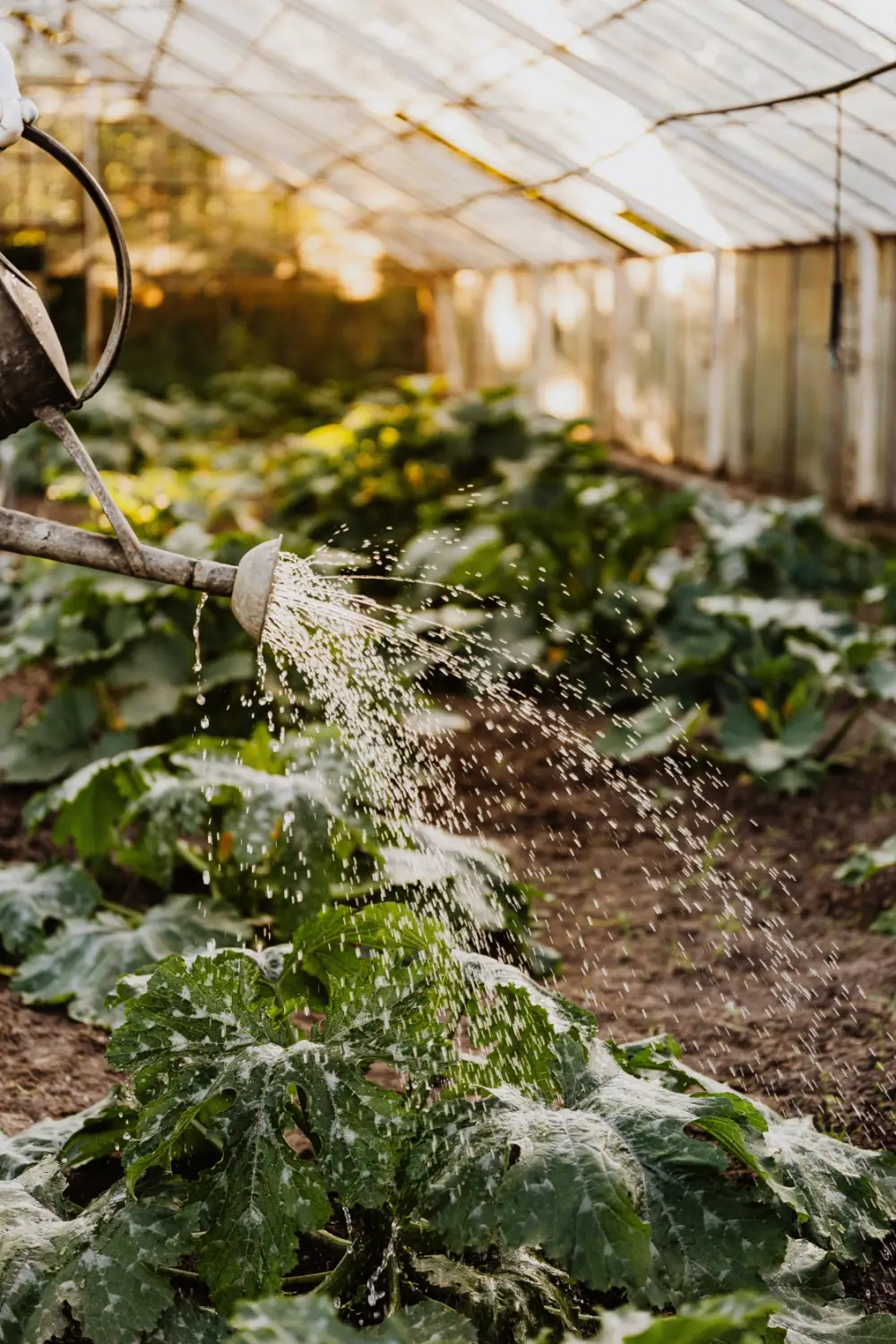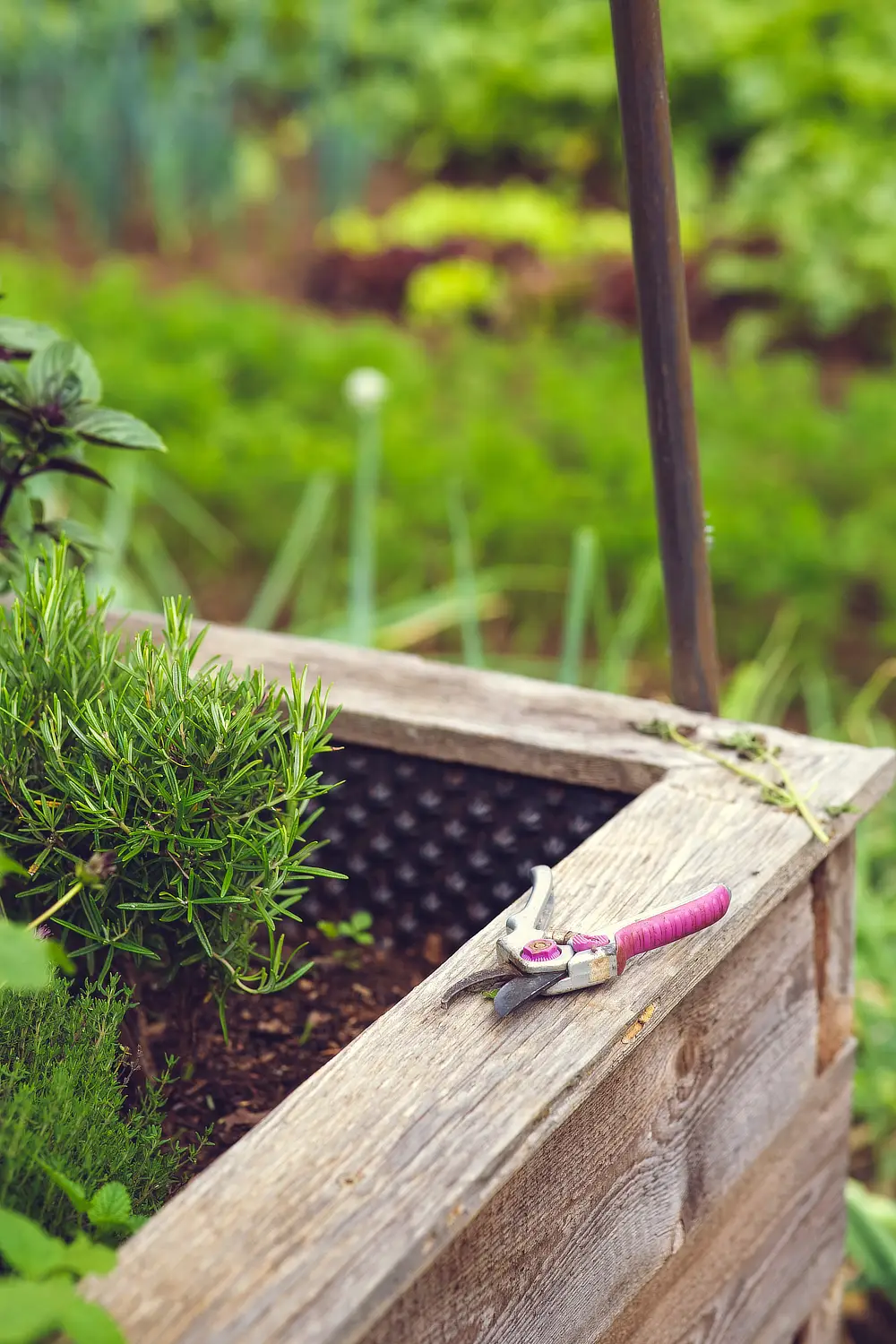Summer is officially here and it can be a dreadful time in the garden, especially if the spell of hot dry weather continues! The strong heat and lack of rain can cause real damage to your precious oasis but there are lots of things you can do to help ease the pain and retain a beautiful green retreat.
First up you need to remove as many weeds as possible as these compete with your ornamental plants for water and nutrients. With less weeds you’ll be watering less so try not to just snap the tops off them as the roots will continue to draw moisture out of the ground as the plant tries to regenerate. Then apply a soil wetting agent to all your beds and lawn too. In the heat your soil can become hydrophobic – this is where water runs off and pools rather than soaks into the ground. By applying a soil wetter in either a spray on or granular form you will ensure any water be it from irrigation or the sky above will penetrate deep into the ground where it’s needed and will soak through the soil more evenly too.
Once applied make sure you soak the ground, whilst doing this ensure you wash any excess soil wetter from the foliage of both gardens and lawns as this can burn in the heat if left on. Soaking the ground is like filling a reservoir in preparation for a dry period, the larger the reservoir the less the evaporation will be and the cooler the root zone.
To increase this reservoir even further dig in some compost as this will act like a sponge in holding onto water. This compost will bind with the soil and improve the structure so in the long term your plants will be better adapted to both drought and any wet periods too.
Then apply a layer of mulch to your soil. The optimum depth is 75mm as this will allow water in but help to retain that moisture in the soil by preventing excess evaporation. Any less and you lose the blanket effect of holding water in and any more the water finds it difficult to get to where it’s needed. Mulch will also prevent weeds from re-emerging and make your garden look much neater and tidier too.
If you are thinking about adding some plants to the garden perhaps hold off until autumn as to not stress the plants too much and risk them not establishing, even then selecting drought tolerant, native and even endemic plants is a wise choice.
When watering try to avoid doing so in the middle of the day as you will lose too much from evaporation, early morning, late afternoon or even evening is best. If you have plants that suffer from fungal issues like roses can water in the morning to prevent the humidity hanging around the plant in the cooler evening temperatures. Water less often but with more volume to teach your plants to grow deep roots, this applies to both ornamental plants and your lawn. The deeper the roots are growing the more adapt to drought they become as they can stay cooler.
For pots and delicate plants, you can either move them into the shade or bring the shade to them by covering them with shade cloth to prevent excessive burning. A simple structure made from bamboo canes will suffice for the short period the heat is damaging. For hardy shrubs and hedges I wouldn’t bother as the odd day of high heat will work like a tip prune burning off the tender new shoots and promoting fresh new growth as long as they get looked after with a drink post heat spell.
Clustering individual pots together to form a group will help to form a microclimate that will preserve water and by placing the tallest plant in the centre a canopy of protection can be given to those below. If you place each pot in a saucer of water it will give them something to draw upon when needed as this will be sucked up by the roots in the potting mix.
Most importantly look after yourself in the heat and try to garden in the early morning or evening when it is cooler and stay out of the middle of the day heat. You are never a good gardener when you are a hot gardener.


